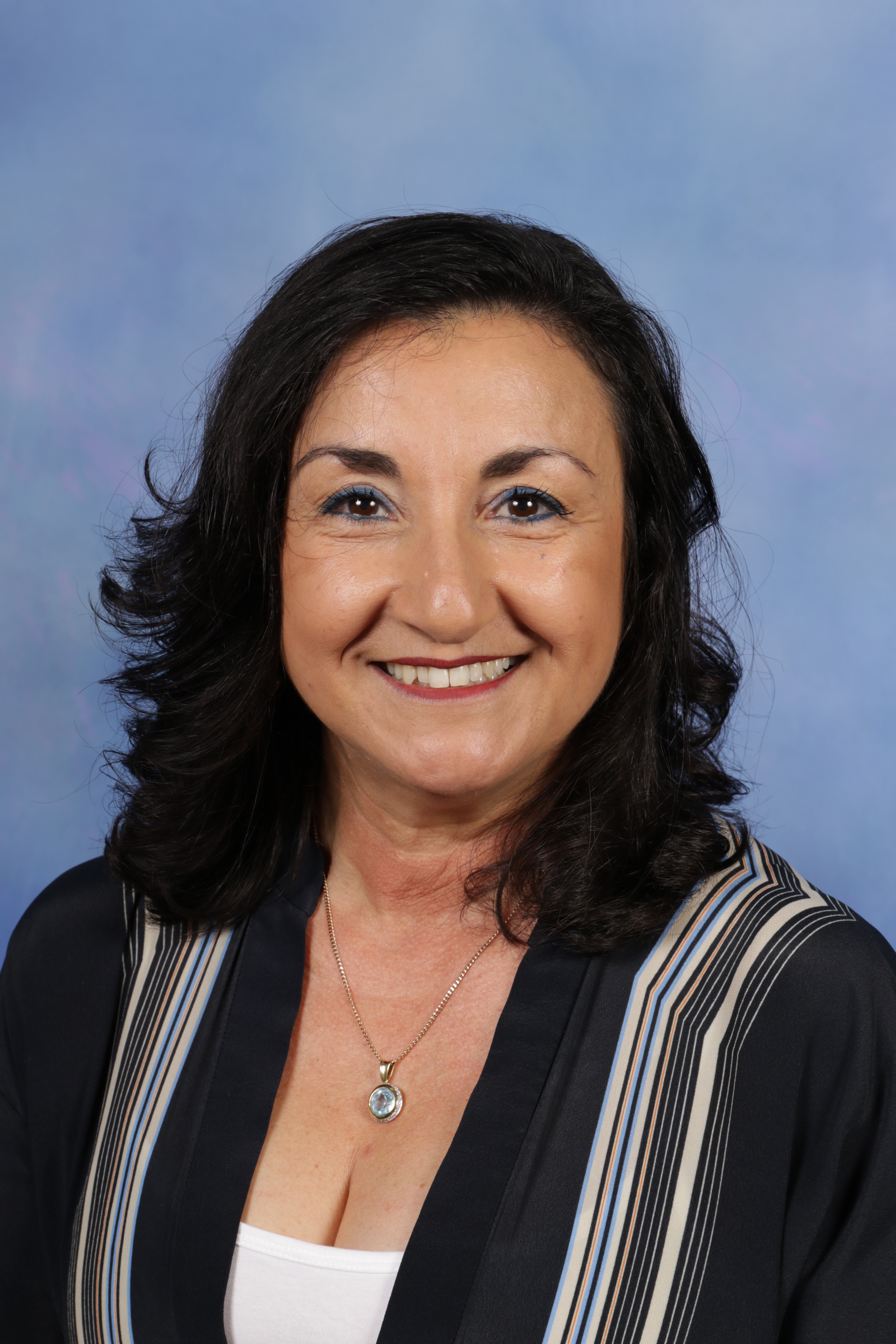In the journey of education and life, one quality often overlooked yet absolutely essential, is discernment.

ANGELINA RANSON
VICE PRINCIPAL - LEARNING & TEACHING
Discernment is more than just making decisions — it is about thoughtful reflection, knowing oneself, recognising gaps in knowledge, and taking purposeful action. For students, embracing discernment is a powerful way to become a lifelong learner and a responsible, balanced individual.
The Call to Lifelong Learning
Lifelong learning begins with curiosity—a drive to ask questions, seek understanding, and explore new ideas. It is about being open to growth and accepting that learning does not end at graduation. Instead, every experience, challenge, or setback is an opportunity to learn and develop.
This week, I was fortunate enough to witness Santina Franchi (President of SAP Corporate and Grow Business) address students from a variety of Melbourne Archdiocese Schools (MACS), where some Year 11 Padua College students sat proudly in the audience. Santina shared her advice to students, saying that the most successful learners are those who remain centred balancing their spiritual, academic, and personal lives. She stressed that this requires stamina of mind and spirit, along with charity, love, and respect for others. Moreover, it means being willing to identify and accept the gaps in one’s own learning and then taking deliberate steps to bridge those gaps.
Accountability and Responsibility
One of the most challenging aspects of personal growth is being accountable for one’s own learning. It is easy to blame circumstances or others when things do not go as planned, but true maturity lies in owning one’s journey. Being responsible means:
- Recognising when you need help and seeking it
- Embracing feedback, even when it is uncomfortable
- Being transparent about mistakes and learning from them
- Taking charge of your progress, rather than waiting for others to prompt you
In the classroom, students may sometimes find a natural connection with a teacher due to shared interests or personalities. At other times, there may be a mismatch. Rather than becoming discouraged, discernment encourages students to adapt, to pivot their approach, and to make the most of each unique situation. This flexibility builds resilience and helps develop a stronger, more adaptable character.
Striving for Balance
Balance is key. The pressures of schoolwork, social life, and personal aspirations can be overwhelming. Discernment teaches students to prioritise what truly matters — to keep perspective, balance commitments, and look after their well-being. It is about setting boundaries, making time for rest and reflection, and seeking a harmonious blend of academic, personal, and spiritual growth.
The Power of Reflection and Action
Every student’s journey is different. What matters is not just where you start, but the willingness to reflect, act, and grow. Getting a qualification, as Santina noted, is only the beginning. It demonstrates your capacity to learn and opens the door to a future you may not yet have imagined — a career or calling that is vibrant, groundbreaking, and fulfilling.
In Summary
Discernment is the compass for lifelong learning and growth
By being accountable and responsible, students are empowered to direct their own paths, build resilience, and adapt to life’s changing circumstances. Most importantly, by maintaining balance, students will not only achieve academic success but also become compassionate, purposeful, and fulfilled individuals.
I warmly congratulate students who have demonstrated discernment and have had this translate into success:
- All Senior Award recipients, especially students who were acknowledged at last week’s assembly, given their 'multiple' award status;
- Monash Scholars Class of 2025–2027:
Ruby Lawler
Rosie McInnes
Amelia Smith
- Deakin Accelerate program 2025:
Esther Mcadam (Management & Marketing)
Madison Hole (Psychological Science)
In light of these fabulous achievements, my challenge to every Padua College student is to embrace discernment, take ownership of their journey, and seek balance — so that the adventure of lifelong learning becomes not just a duty, but a joy.
Student Photo Permissions
At times, photographs or videos of our students will be published in newsletters, on the school intranet or website, or in our social media. Copies of our Standard Collection Notice and Privacy Policy are available on the College website in the Enrolments section of our Policies page. Please note that consent to use these images in this way, if provided at enrolment, may be withdrawn at any time by contacting our marketing team via email: marketing@padua.vic.edu.au .


